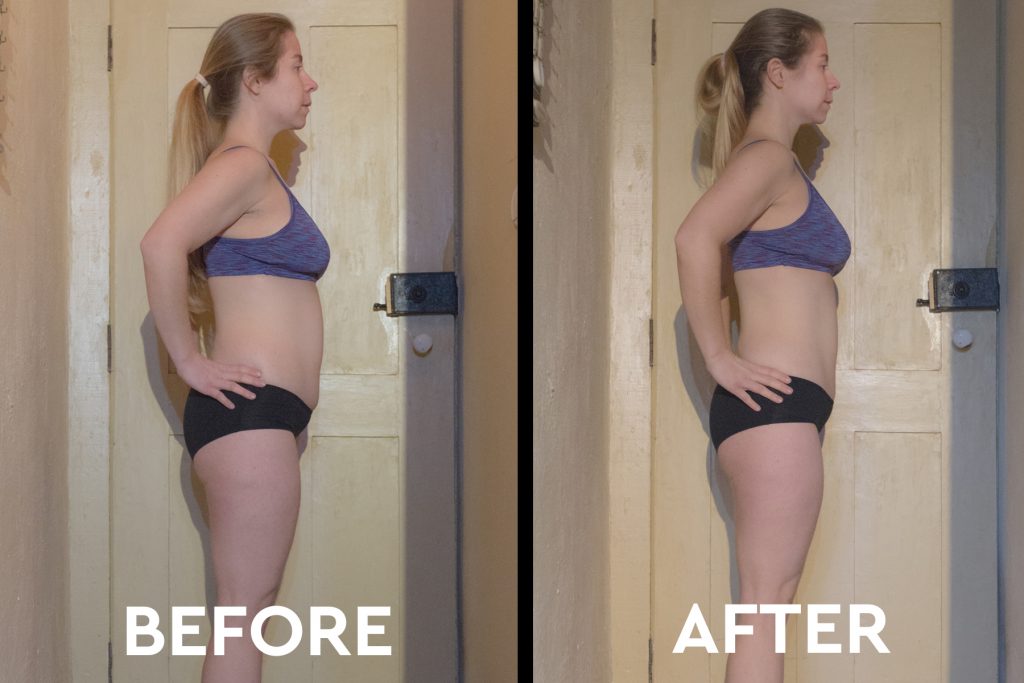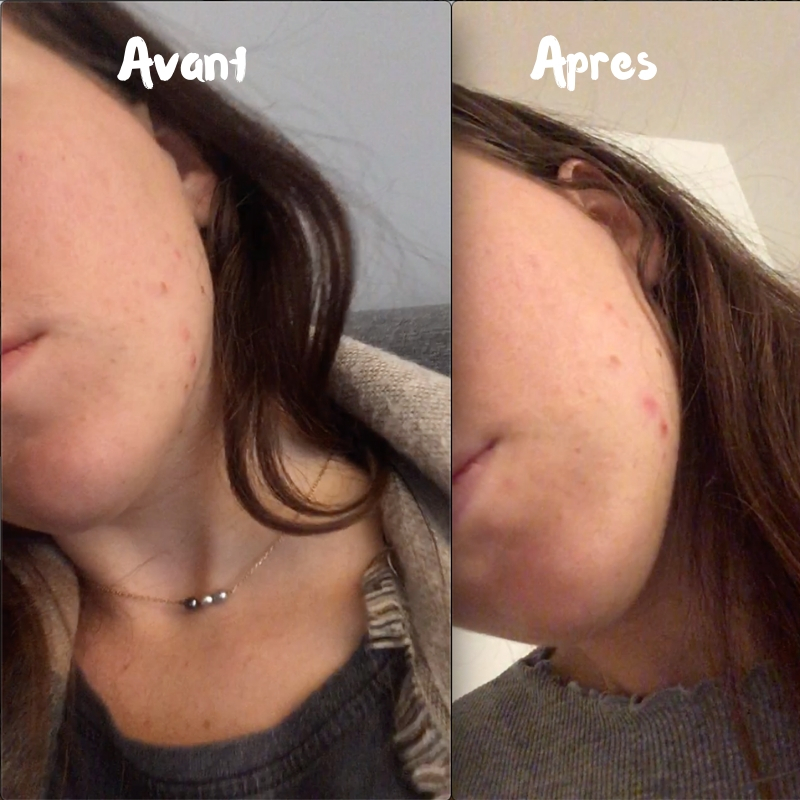Results 7 Day Juice Fast
Review: 7 Day Super Juice Cleanse I am absolutely thrilled with the results of my 7 day juice detox. From day 4 onward I have felt amazing. I feel energised and revitalised and am ready to continue with my own healthy diet and lifestyle. As a very busy mother to 2 young children I found the detox incredibly easy and convenient to use. Enter: the juice fast. This wasn’t some three-day “quick-fix” or even a 21-day commitment. I dove into a diet of nothing but juice for 90 days. And while my hope was that this experience would catapult me into all-encompassing bliss, it actually ended up being the final straw in my obsession with perfection.
Written and Medically Reviewed by Dr Babar Shahzad, BSc and MBBS on January 23, 2020.
Juicing and juice fasts are all the rage right now – you may have seen juice bars popping up left and right in your neighborhood, or read about how Beyonce lost 20 pounds in 2 weeks by following a juice diet. If this nutrition approach is fit for a celebrity such as Beyonce, it’s got to be effective and safe, right?
Well, that’s what we’re covering in this article. Here’s more about the rationale behind juice fasting, how to do it, safety concerns, and five tasty recipes you can try.
What is a juice fast?
A juice fast, also commonly known as a juice cleanse, is a type of detox diet that involves consuming only juices from fruits and vegetables. Many different varieties of juice fasts exist; some include homemade juice made with fresh vegetables and fruits, while others require store-bought juices.

Juice fasts can last from several days to several weeks.
Also, it’s critical to note that juicing is not the same as blending. Juicing extracts the liquid from whole fruits and vegetables; pulp – the fibrous portion – is, therefore, always missing in the resulting juice.
On the contrary, as implied by its name, blending mixes all the edible parts of vegetables and fruits. Naturally, the end product includes the pulp.
But given how delicious solid foods – imagine a sizzling steak on the grill – can be, why would anyone voluntarily only drink juices for an extended period?
Potential juice fasting benefits
The proponents of juicing believe that it can help give your body’s digestive system a rest. They claim that when we eat solid food, our digestive organs spend a lot of time and effort on breaking all that food down.
And so – when we juice fast, we’re sparing our digestive system hours of work because our nutrition now comes in a predigested, easily-absorbed form. Ultimately, the advocates of juicing believe that it can enable our bodies to better focus on healing and repairing themselves.
They also swear that juice fasting results in many health benefits, which include the following:
- Detoxifies cells and tissues
- Assists in weight loss
- Help prevent chronic disease
However, it’s crucial to note that most of the potential benefits mentioned above are anecdotal – in other words, not supported by scientific proof.
So – what does science say about juicing?
You’re undoubtedly curious about what the research says about juicing. After all, you did click on this article. Here, let’s take a closer look at each of juice cleanse’s purported health benefits.
Results 7 Day Juice Fast
#1 – Detoxifies cells and tissues
Unfortunately, there has been little evidence to support the entire ‘detox’ concept underlying juice fasts.
According to a 2014 review published in the Journal of Human Nutrition and Dietetics, the few studies that demonstrated a correlation between toxin elimination and detox diets all suffer from flawed research designs and, therefore, cannot provide conclusive results.
Also, to date, all clinical trials have been conducted on animals – not humans. You cannot always draw parallels between the results of studies performed on them and us.
#2 – Assists in weight loss
Juice fasts will help you lose weight.
There is no doubt about it. But that’s because you’re severely restricting yourself on the foods you’re allowed to eat. Juices from fruits and vegetables are low in calories; if you put yourself on a liquid cleanse, you’ll only be consuming 600 – 1000 calories daily.
That creates a significant caloric deficit for many people. And you know what happens when your body expends more energy than you ingest: weight loss! So – yes, juice fasts do assist in weight loss. Well, at least in the short-term.
As the National Center for Complementary and Integrative Health notes, you cannot expect sustained weight loss results from juice fasting. The moment your calorie intake goes back to normal after the juice fast, you’ll likely regain some of the weight; if not all.
#3 – Helps prevent chronic disease
The current scientific literature seems stacked against juice fasts; will its final purported health benefit stand up to scrutiny?
Well, current research appears mixed.
In a 2018 study, researchers found that drinking up to seven glasses of fruit juice can significantly reduce the risk of coronary heart disease and cardiovascular disease. Additionally, participants who consumed either one to four glasses, or four to eight glasses, had a lower risk of stroke.
Another smaller study, conducted in 2017, from Scientific Reports supports the findings above. This particular study highlighted that a three-day juice cleanses increased nitric oxide levels and decreased lipid oxidation – both factors that can lead to improved cardiovascular health.
However, a 2019 study published in JAMA Network Open directly contradicts both studies’ findings above. In this study, the researchers note that each additional daily serving of fruit juice increases all-cause mortality risk by a whopping 24%!
Worryingly, according to a 2013 case report, juice fasting could carry the risk of kidney damage. The report detailed a patient who’d experienced kidney failure after participating in a juice cleanse for six weeks.
I’d understand if you now have a frown on your face; this must be the question you’re asking yourself, “So – do juice fasts prevent chronic diseases, or not?”
While more research is needed, current scientific literature suggests that short fasts (lasting no longer than one week) may improve overall health. Yes, you should move that 30-day juice fasting plan you downloaded to the trash bin on your laptop; don’t risk your health!
Ready to juice?
Excellent – juice fasting can be useful for you; nevertheless, you should always remember that moderation is vital. Short fasts are unlikely to pose health risks to yourself and can potentially bring health benefits, not to mention definite short-term weight loss.
How to juice fast?
Now that you’ve decided to juice fast for one, two, three, or more days (try not to exceed seven) and you’ve set aside the time and cleared your schedule. Now you can relax and settle into the adventure of juice fasting.
Here’s what you should do before, during, and after the juice cleanse:
Before
One week before the fast, eat smaller portions than usual. Also, eat more raw fruits and vegetables, making about 75-80% of your diet raw – this will help ease your transition into the actual juice fast period.
Advocates of juice fasting also recommend the elimination of certain foods, such as refined sugar, coffee, meat, wheat, alcohol, and dairy products to reduce cravings, headaches, and other general withdrawal symptoms.

During
Here are two tips you should follow to maximize the results of your juice cleanse:
7-day Juice Fast Program
1. Drink plenty of purified water
Be sure to get in plenty of water daily in addition to the juice. Proponents of juice fasting believe that the more water you consume, the easier it is for your body to flush away the waste in your body. Keep drinking throughout the day.
2. Avoid stimulants
Stay away from coffee, tobacco, alcohol, soft drinks, sweets, and all other stimulants. Most people can tolerate a small amount of white or green tea, but it should be on the weak side.
After
Once the fast is over, you must eat lightly for a few days. Gradually add your regular foods back into your diet over a few days – you don’t want to gain back all the weight you’ve lost over the cleanse rapidly.
Juice fasting recipes for weight loss
Keen on juice fasting for weight loss? We’ve got you covered – here are five easy recipes for your reference. Just throw all the ingredients mentioned below in the juicer, turn it on and there you have it: a delicious, nutritious glass of juice.
#1 – Orange Morning
2 green apples
1⁄4 lemon
4 carrots

1-inch chunk ginger root
#2 – Detox Lemonade
2 lemons
1-inch chunk ginger root
1 handful of mint
2 teaspoons agave (or adjust to the taste)
#3 – Green Day
3 apples

2 cucumbers
½ lime
1 handful of spinach
#4 – The Red Juice
1 beet
¼ lemon
2 apples
3 carrots
#5 – Citrus Smoothie
3 oranges
1 banana
1-inch chunk ginger root
21 Day Juice Fasting Plan
1 small handful of dates
30 Day Juice Fast Weight Loss

1 small handful of hemp seeds
Bottom Line
There’s no scientific evidence that suggests that the health benefits of juice fasting triumph over including lots of whole fruits and vegetables in your diet. But then again, there seem to be no noticeable adverse effects to short-term juice cleanses. They carry the potential to lower risks for certain chronic diseases.
You can also consider blending, instead of juicing – you’ll thank us when that fiber hits your gut and finally kick-starts your bowel movement.
Ultimately, if your current diet is absent of raw fruits and veggies, juicing may do you some good. Do not fast for more than two subsequent weeks; the potential risks are too significant to ignore. You don’t want to suffer from kidney failure because you tried to practice 21 days of juice fasting, do you?